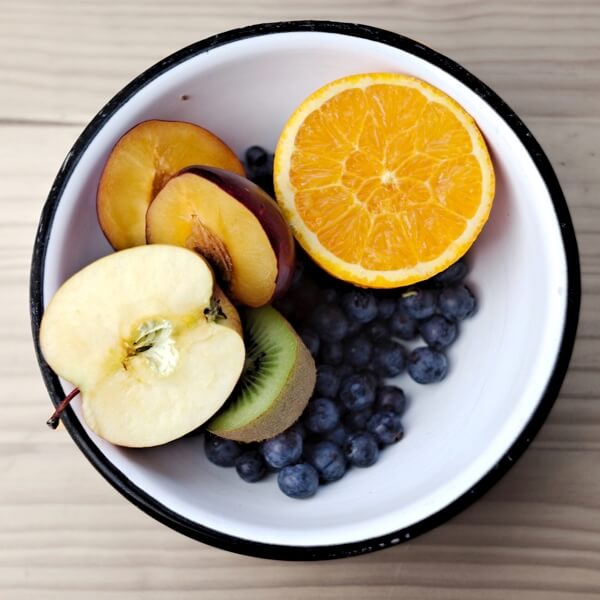I’ve been noticing lately that snacking is top of mind for many people. I often get questions like “what kind of healthy snacks can I have?” and “when can I have my snacks?” So I try to explain my thoughts like this….because of media and marketing, we are bombarded with messages of here’s your healthy, organic, gluten free, 100 calorie, made locally, energy boosting… snack. I’m winking here but you know what I am talking about. I refer to this as the snack with the “health halo”. It’s SO good for you- why wouldn’t you go ahead!?
In many cases, these foods have just as much added sugar, calories, and sodium as nonorganic or similarly unlabeled foods- even if you make them at home. Not all of course but A LOT.
Snacks are meant to satisfy your hunger if/when your next meal is still an hour or more away? A snack isn’t suppose to satisfy a sweet tooth (like those chocolate peanut energy balls you just made or your 10 dark chocolate covered almonds). The truth? Outside of those with metabolic conditions like hypoglycemia- it is okay to feel hungry or let’s say a little less full between meals.
Food smells, emotions, social settings and frankly marketing messages encourage snacking. And then there’s just the developed habit too. I think some people get it into their minds that they need to have a snack at a particular time because that’s part of a good diet plan. Depending on your goals, you shouldn’t force yourself to eat. And healthy or not, excess calories leads to weight gain.
 Balance at meal times should be more of a priority than snacking in between. Yes, that balance is different for every person. Don’t be fooled by the “health halo”. Make sure to take snacks out of large containers. Ask yourself if you’re really hungry? Thirst can lead to a feeling of hunger- have 8 ounces of water before you snack. True hunger is usually satisfied with carrots and hummus or a boiled egg- – this one especially applies if you snack after dinner and prior to bed.
Balance at meal times should be more of a priority than snacking in between. Yes, that balance is different for every person. Don’t be fooled by the “health halo”. Make sure to take snacks out of large containers. Ask yourself if you’re really hungry? Thirst can lead to a feeling of hunger- have 8 ounces of water before you snack. True hunger is usually satisfied with carrots and hummus or a boiled egg- – this one especially applies if you snack after dinner and prior to bed.
Snacking can be a healthy choice for busy people on the go. Choose wisely and feel good about it. Always include water or an herbal tea. Consider why and when you’re eating? Honor your health and your body with your food.
A mindful approach to eating is the first step in improving your over all health and relationship with food.
Kimberly Young MS CNS is a practicing nutritionist and educator in Dallas, Texas. Learn about her integrative approach and schedule online at https://kyoungnutrition.com.


Leave a Reply